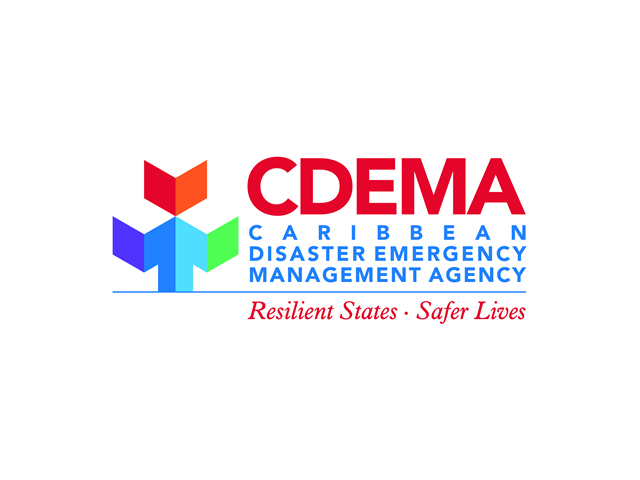Press Release: CDEMA and CDB partner to enhance Emergency Data Collection Capacity in the Caribbean
Source: Caribbean Disaster Emergency Management Agency
The Caribbean Disaster Emergency Management Agency (CDEMA) Regional Training Centre and the Caribbean Development Bank (CDB) collaborated to host a webinar on the application of KoBoToolbox, a data collection and management tool widely used in humanitarian emergencies. The virtual event was held on June 9th, 2021 and chaired by Richardo Aiken, CDB Community Development Specialist, with a total of 220 persons from CDEMA Participating States, CDB Borrowing Member Countries (BMCs), and Canada registered.
Webinar participants included national disaster management officers, community development practitioners, shelter management personnel, monitoring and evaluation officers, staff of agencies responsible for damage assessments and other members of national emergency/ disaster management systems who collect, analyse and manage hazard-related data. They were shown how to use KoBoToolbox to create online data collection forms, collect interview responses on- and offline, and conduct online mapping of survey locations.
CDEMA’s Acting Deputy Executive Director, Ms. Andria Grosvenor, remarked, “The range of threats we face in this region extend beyond hydro-meteorological phenomenon like hurricanes to encompass almost all natural and man-made hazards… The impacts are inevitable; therefore, we must also maintain the capability to mount a robust response, and to devise and implement sound recovery strategies… This is a tall order, and one to which data and information are vital at every stage.”
CDB’s Division Chief of the Social Sector Division Ms. Deidre Clarendon, pointed to recent hazard events in the Region as being a stark reminder of the need for such capacity building, saying:
“The recent eruption of the La Soufriere Volcano in St. Vincent, and the extensive ongoing flooding in Guyana, are reminders of the significant impact of disasters on the economic and social development of BMCs, particularly on the poor and vulnerable. Therefore, we must continue to improve the capacities of our countries to mitigate, prepare for, and respond to these risks.”
Dr. Donovan Campbell, Head of the Department of Geography and Geology at the University of the West Indies, Mona and specialist in climate change adaptation and disaster risk reduction in Small Island Developing States, led the comprehensive session on the KoBoToolbox approach. During the interactive webinar, national-level users across the region provided testimonials of their experiences with the tool’s various features to guide current and future users.
Participants left the session armed with enhanced data collection knowledge and will be provided with a certificate of participation at a later date. They were invited to complete a post-session training exercise towards additional certification.
–END–



